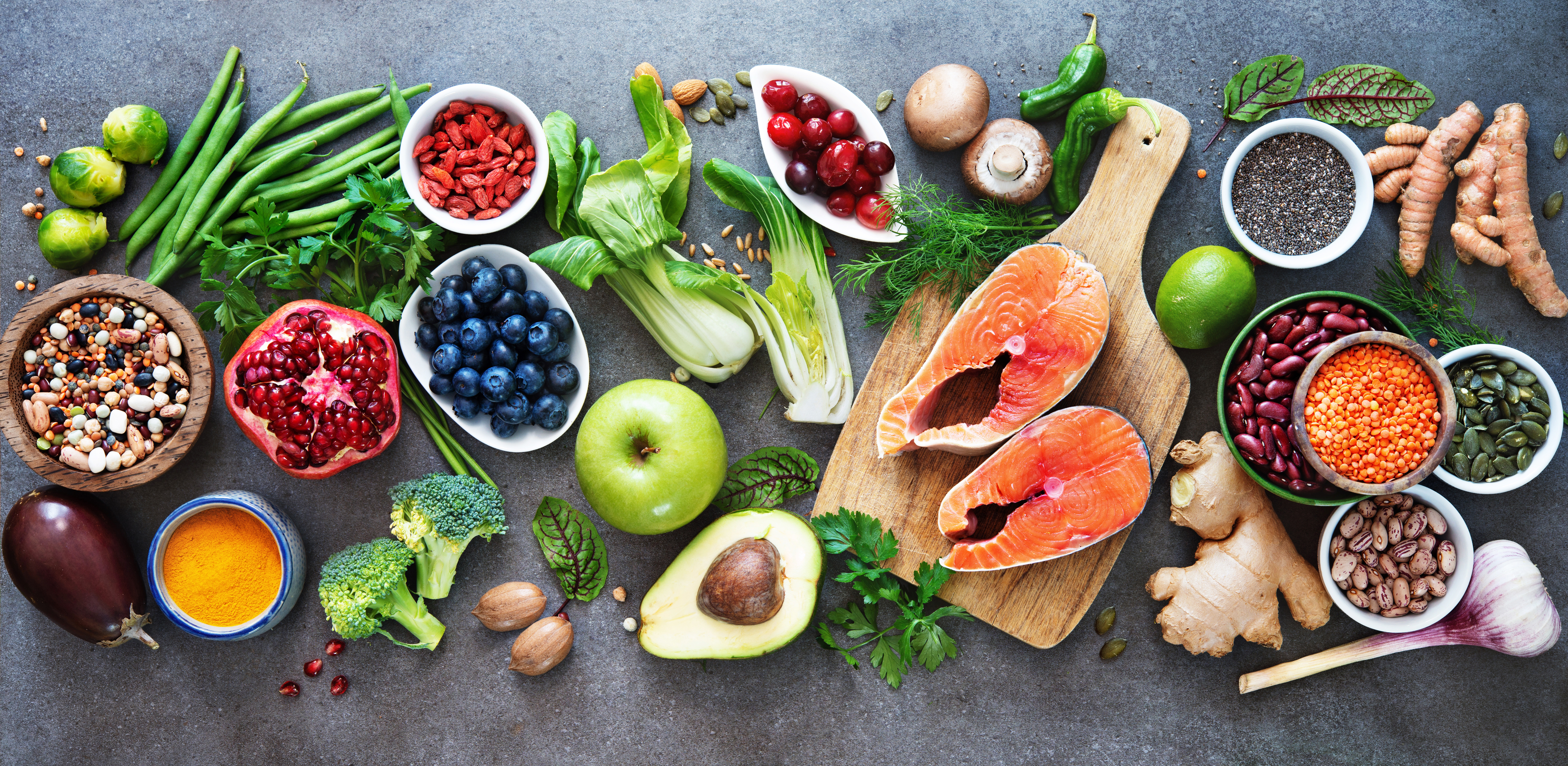“Is there anything special I should eat after my joint replacement?”
“Donuts, cookies, chips, and cake!” I’m sure this is what many patients would like our response to be (at least that is what I would like to hear!). Unfortunately, junk food is not the recommended postoperative diet, as many may suspect. While Dr. Berger does not have patients on a strict postoperative diet, there are facets of a postoperative diet that are encouraged and ideal.
Water
Immediately following surgery, the patient’s body contains anesthesia and medications. These drugs tend to dehydrate the patient, which is why pushing fluids is vital following joint replacement. The more water a patient drinks, the sooner the anesthesia will be flushed out. Hydration also helps decrease constipation, a common side effect of anesthesia and some pain medications.
Electrolytes
While hydrating, patients should keep in mind the importance of electrolytes. Drinking too much water without electrolytes can throw off the balance of electrolytes in the body. Any fluid shifts caused by anesthesia during surgery would benefit from electrolyte intake post-operatively. Pedialyte serves as an appropriate source of hydration that does not contain as many added sugars as Gatorade (but this too works as a source of electrolytes).
Chewing Gum
While hydrating with electrolytes may be common sense, chewing gum may seem a bit odd. However, studies have shown that chewing gum after surgery can increase gastrointestinal motility. Aiding in digestion, gum-chewing can help prevent constipation, a common effect of anesthesia and postoperative narcotics.
Avoid Alcohol
Not only does alcohol dehydrate the body (counteracting the benefits of hydrating with water and electrolytes), but drinking alcohol also negatively interacts with postoperative narcotics. Once the patient is done taking the postoperative narcotics, the patient can resume alcohol consumption, but as always, in moderation is best.
Iron-rich Foods
Although there is not much blood loss in Dr. Berger’s minimally invasive surgery, iron-rich foods can help patients build up their blood stores. Foods high in iron include red meats, leafy green vegetables (such as spinach and kale), beans, and dried fruit.
Anti-inflammatory Diet
Due to the swelling and bruising that are inevitable after surgery, any tool that can be used to reduce or prevent inflammation is beneficial. Foods high in antioxidants (typically dark red in color) such as pomegranates, red cherries, and beets help prevent inflammation and aid in recovery. Eating a typical “Mediterranean diet” consisting of fish, fruits, vegetables, nuts, seeds, beans, and olive oil is a perfect anti-inflammatory diet that will aid in recovery. Foods high in processed sugar are best to limit both before and after surgery because sugar increases inflammation.
Eating When Taking Medications
This is probably the most important of all the nutritional guidelines. Food protects the stomach from the medications that are taken after surgery, and typically helps prevent nausea. Even when taking one pill, taking it with a granola bar or something of the like is useful for avoiding an upset stomach. When ingesting many medications at once, a small “meal” such as yogurt or a smoothie is not sufficient; solid food is usually best.
What “Sits Well” With You
Overall, it is necessary to eat what sits the best with the patient personally. Especially for patients who struggle with nausea, it is important to eat something, and often that might not include any of the aforementioned suggestions. Saltines, crackers, fruit juice, ginger ale, and toast are simple foods and drinks that are easy for the body to break down and usually help soothe the stomach. On the contrary, dairy and highly acidic foods are not recommended to take with medications and should be avoided if keeping food down is difficult. If nothing else sounds appetizing, try one of the above suggestions, or what sounds most appealing.
In general, postoperative patients are not on a strict postoperative diet or food regimen; rather a consistent, healthy lifestyle is strongly recommended. Donuts, cookies, cake, chips, and the like are fine when eaten sparingly, as treats to an otherwise balanced, nutritious diet. Eating healthy foods and maintaining quality nutrition not only help patients recover from surgery more quickly, but they also may potentially extend the life of the joint replacement by maintaining a lower Body Mass Index (BMI). Ultimately, our goal for our patients is to return to the daily activities they enjoy, which is enhanced through an overall healthy lifestyle – not a “quick-fix” diet.
To learn more about maintaining a healthy diet as part of a lifestyle rather than fad diets, look for future posts from our engaging nutritionists and testimonies from their clients. Whether joint replacement is in your past or future, or you are simply looking for more detailed nutrition education, these posts will enhance your knowledge about health.

